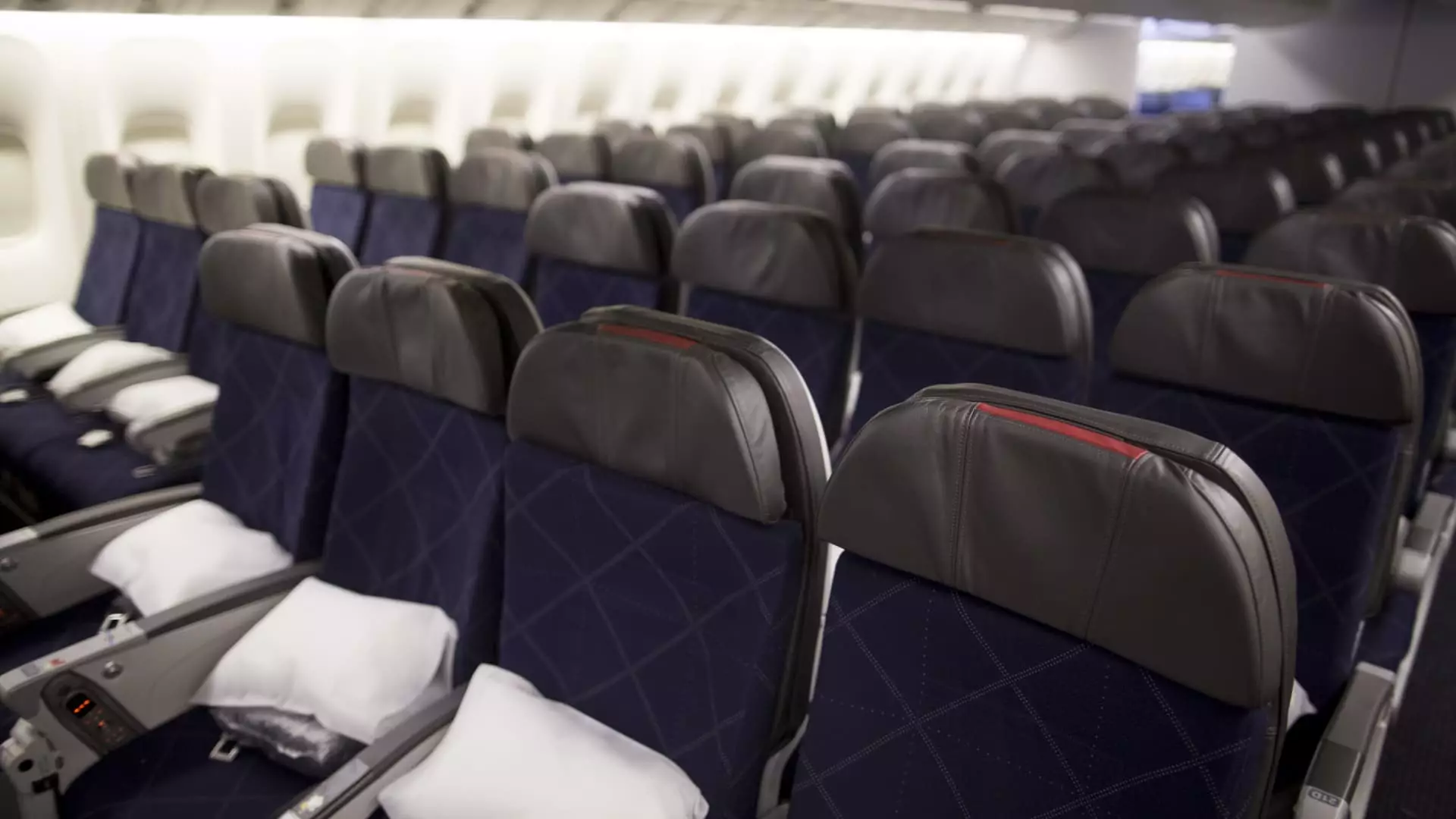In an era where consumer trust is more crucial than ever, the airline industry is facing intense scrutiny over its use of seating fees. Executives from major U.S. airlines, including American Airlines, Delta, United, Spirit, and Frontier, are scheduled to present their case before a Senate panel. This session comes in the wake of a report revealing that these airlines amassed a staggering $12.4 billion in fees for seat selection from 2018 to 2023. These figures raise a pressing question: are these additional charges justified or merely a way to pad profits?
The term “junk fees” signifies costs perceived as unnecessary or misleading that consumers face when purchasing services. With airlines increasingly relying on these types of charges, the Biden administration and several lawmakers are looking to clamp down on such practices. The Senate Permanent Subcommittee on Investigations alleges that the additional fees, which cover everything from extra legroom to preferred seating locations, do not provide proportional value to the consumer. Stephen Johnson, American Airlines’ Chief Strategy Officer, argued these fees are optional and cater to customers’ desire for “in-demand locations.” However, the question remains: how much choice do consumers genuinely have when faced with escalating base fares?
The Arguments for Transparency and Choice
Airline executives defend their pricing strategies, emphasizing that consumers are clearly informed about the potential extra charges for seat selection and baggage. Johnson stated that information about these additional costs is made transparent through symbols and descriptions in ticketing systems. Yet, this position relies heavily on the assumption that consumers comprehend and are comfortable with such tiered pricing. As the industry witnesses an influx of newly crafted fee structures, the average traveler may not be fully aware of the financial implications of their choices.
The introduction of low-cost carriers like Spirit and Frontier has significantly altered the landscape. These airlines have transformed the pricing model, spearheading a shift towards more granular fee structures where many previously included features now come at an additional cost. This competitive environment, wherein budget airlines have succeeded through the bare-bones service approach, has compelled traditional carriers to follow suit, often at the expense of passenger satisfaction. Notably, Spirit Airlines is currently navigating through bankruptcy after facing myriad challenges, highlighting the risks involved in aggressive price-cutting strategies.
Consumer Backlash and Future Considerations
As airline executives gather to defend their practices, consumer sentiment is undeniably shifting. The ongoing focus on transparency and the value of services suggests that travelers are becoming increasingly vocal about their expectations. Tighter regulations on supplementary fees could be on the horizon, as passengers crave clarity and fairness in pricing. This Senate hearing serves not just as an examination of the current situation but as a critical juncture that could redefine the airline industry’s approach to customer service and revenue generation. In a marketplace driven by consumer preferences, those who adapt to provide genuine value may be the ones who thrive in the future.


Leave a Reply